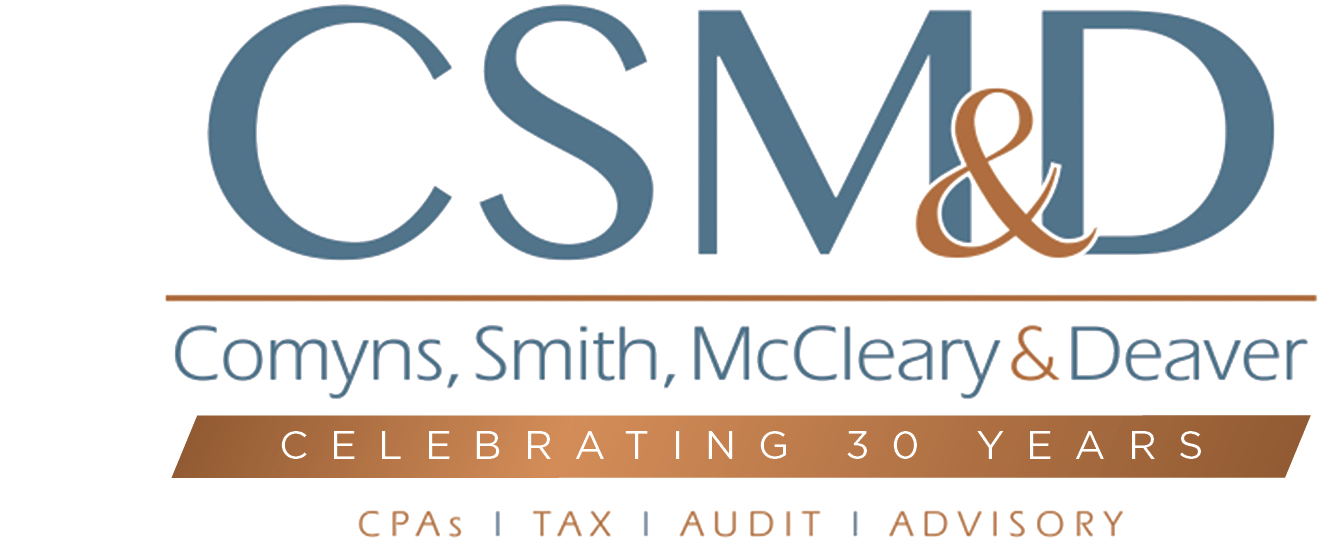by Mike Godfrey, Tax-News.com, Washington
22 August 2019
On August 19, 2019, the Office of the United States Trade Representative held an off-camera public hearing on France’s recently introduced digital services tax, attended by three major technology firms.
The hearing formed part of the USTR’s Section 301 investigation into the impact of the DST on the US, and included representatives from Amazon, Google, and Facebook, as well as a legal representative who spoke on behalf of Airbnb, Amazon, Expedia, Facebook, Google, Microsoft, Salesforce, Stripe, and Twitter.
Under the French digital tax, a three percent tax rate will be imposed on digital companies providing advertising services, selling user data for advertising purposes, or performing intermediation services. Companies with global revenues of EUR750m (USD832m) or more and French sales of at least EUR25m will be required to pay the tax.
The tax, approved by the French parliament on July 11, 2019, will to apply to turnover realized in France since January 1, 2019, and is expected to affect around 30 companies supplying digital services in France.
The USTR announced the launch of its investigation under Section 301 of the Trade Act of 1974 on July 10, 2019, stating at the time that the French DST will discriminate against a group of mainly American companies.
According to the notice of initiation of investigation, public hearing, and request for comments, published in the Federal Register on July 16, the investigation will initially focus on three areas of concern, including:
- Discrimination: the USTR believes that the DST will amount to de facto discrimination against US companies because the revenue thresholds are designed to capture large firms, which tend to be US-based, while exempting small companies, particularly those operating in France.
- Retroactivity: the USTR says that the tax’s retroactive impact calls into question the fairness of the tax, while also posing problems to companies attempting to calculate their DST liability.
- Unreasonable tax policy: the USTR says that the DST appears to diverge from norms reflected in the US and international tax systems, including through its extra-territoriality, the fact that it taxes income not profit, and in “the way it penalizes” particular technology companies for their commercial success.
Section 301 and related provisions of the Trade Act give the USTR broad authority to investigate and respond to a foreign country’s unfair trade practices. More specifically, Section 301 procedures apply to foreign acts, policies, and practices that the USTR determines either violate, or are inconsistent with, a trade agreement; or are unjustifiable and burden or restrict US commerce.
Once the USTR begins a Section 301 investigation, it seeks a negotiated settlement with the foreign country concerned, seeking either compensation or the elimination of the particular barrier or practice.
